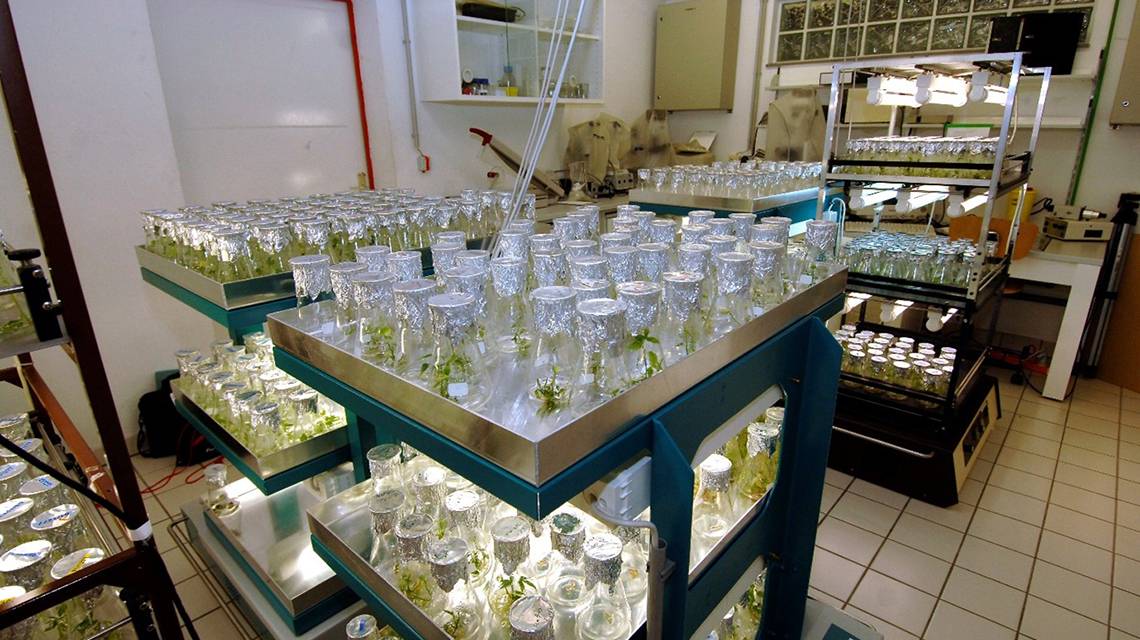Food and nutrition security — or regular access to sufficient, safe and nutritious food — continue to be challenged by often overlapping factors, including droughts, floods or harmful insects. Nuclear techniques offer the means to help meet the growing demand for food and provide better access to healthy diets, participants agreed at an event today organized on the sidelines of the IAEA’s 66th General Conference. Delegates from Africa and other regions of the world came together to review the progress attained in the agricultural sector towards adapting to climate change on the African continent with the help of nuclear science and technology.
“The continent faces substantial challenges in ensuring food security and improving nutrition. An even closer collaboration across countries and institutions in the region and at the international level is needed to address these challenges effectively,” said Hua Liu, IAEA Deputy Director General and Head of the Department of Technical Cooperation, who opened the event. “As the IAEA, we take a holistic and integrated approach as we support member states through their national, regional and interregional technical cooperation programmes.”
The event, titled 'Enhancing Capacities of Member States in Africa to Achieve Food Security Through the Peaceful Use of Nuclear Techniques', included a panel discussion that brought together experts from Germany, Kenya, Morocco, Namibia and the High-Level Steering Committee of the AFRA Agreement to address ways in which nuclear science and technology help increase the efficiency of agricultural production, protect soil and water resources, ensure the safety and quality of food, and facilitate export and trade of agricultural produce.
Experts' presentations at the event included a case study on Namibia’s experience with drought-tolerant crops through the use of plant mutation breeding; Morocco’s successes in agricultural soil and water management using fallout radionuclides and the stable isotope technique; regional initiatives on climate-smart agriculture using nuclear technology to enhance sustainability, and human resource development in nuclear science and technology in Africa.
“The AFRA Human Resources Development (HRD) Committee has developed a draft strategy to substantially increase the availability of young professionals with the technical and vocational skills needed to implement climate-smart agriculture, deploy isotopic techniques and produce new plant varieties using radiation technology,” said Professor James Kahindi, Deputy Vice Chancellor at Pwani University in Kenya. “The draft HRD policy will also connect nuclear establishments with academic institutions to promote the work conducted with nuclear techniques and to ensure synergy between both sectors.”







